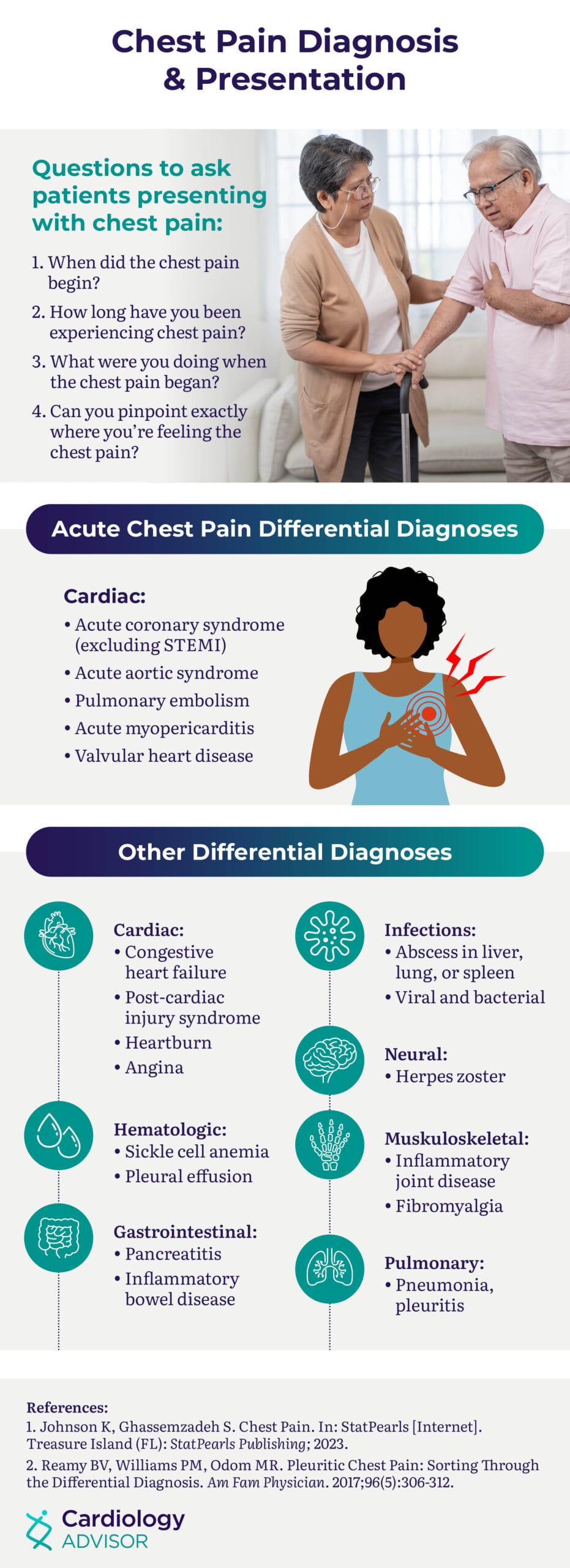“`html
Understanding Stage 4 Liver Cancer: Average Life Expectancy and Key Factors to Consider in 2025

Understanding Stage 4 Liver Cancer Prognosis
Stage 4 liver cancer represents the most advanced stage of the disease, particularly affecting the liver’s functionality and surrounding organs. Understanding the **stage 4 liver cancer prognosis** is crucial for patients and caregivers and involves considering various factors, including the patient’s overall health, age, and available treatment options. In 2025, experts anticipate that personalized treatment plans, including clinical trials for liver cancer, will play a significant role in ameliorating life expectancy. Patients’ decisions about treatment can significantly influence their **life expectancy with stage 4 liver cancer**. It is essential to have realistic expectations and to know that prognosis varies significantly depending on the individual’s specific case.
Factors Affecting Survival in Liver Cancer
The **stage 4 liver cancer survival rate** is generally less optimistic compared to earlier stages. However, several factors affect survival, such as the patient’s age, underlying liver function, and response to treatment. Those participating in clinical trials for liver cancer may experience newer therapeutic strategies that can improve their prognosis. Genetic factors in liver cancer or the presence of liver failure in cancer can further complicate survival rates. Maintaining a dialogue with healthcare providers regarding comprehensive liver cancer treatment guidelines can empower patients and help them make informed decisions.
Quality of Life Considerations
Ultimately, **quality of life in liver cancer** becomes as important as traditional survival metrics. Support systems, including **patient support groups for liver cancer**, can be invaluable for emotional support during treatment. Additionally, understanding nutritional support for liver cancer patients, managing pain through various methods, and exploring holistic approaches to liver cancer can help provide an improved quality of life even in advanced illness stages. Balancing treatment options with lifestyle changes is essential for a supportive care environment.
Coping with a Stage 4 Liver Cancer Diagnosis
Coping with a **liver cancer diagnosis** can induce significant emotional challenges. Patients may find themselves in need of **emotional support for cancer patients**, which can be obtained through various channels, including therapy or peer support groups. It’s vital for patients to understand that they have options and avenues for support. Open discussions with oncologists about expectations and coping strategies for **advanced liver cancer stages** allow patients and families to manage stress during this difficult journey.
Treatment Options for Stage 4 Liver Cancer
Determining **treatment options for stage 4 liver cancer** can be complex, as it often combines traditional approaches with experimental therapies. Liver cancer treatment outcomes often depend on how the cancer has spread, but advancements in targeted therapies and immunotherapy are changing the landscape of liver cancer management. In 2025, clinicians are likely to recommend a combination of treatments based on individual patient assessments, including **palliative care for liver cancer** to enhance comfort and quality of life.
Evaluating Treatment Plans
**Stage 4 liver cancer treatment plans** often include chemotherapy, radiotherapy, and, in some cases, targeted therapies to manage symptoms and slow the disease’s progression. Each patient will require tailored treatments based on their health condition and cancer biology. Discussions with oncologists are imperative when navigating these decisions. Patients should inquire about the potential benefits and side effects, signing up for clinical trials where applicable, and keeping abreast of the latest **liver cancer research studies**.
End-of-Life Care Options
As the disease progresses to an **end stage** scenario, **end-of-life care options** become a primary focus. Understanding palliative care can aid in managing symptoms while ensuring dignity. Hospice care for cancer patients can provide substantial support in the final stages of life. Detailed planning for **living wills for cancer patients** can help express patients’ wishes for treatment duration and end-of-life preferences, ensuring they receive the desired quality of care in their last moments.
Living with Stage 4 Liver Cancer
Patients diagnosed with **stage 4 liver cancer** often face ongoing challenges physically and emotionally. Living well with cancer encompasses patient advocacy and active participation in treatment choices. Incorporating **lifestyle changes for liver cancer**, such as diet modifications and gentle physical activities, can enhance resilience and overall well-being. Exploring integrative approaches, such as incorporating natural remedies for liver cancer, may help bridge gaps in traditional treatment, although patients should discuss these with their healthcare team. It is vital for overall management to include **family support for cancer patients**, as it can significantly boost emotional morale during difficult times.
Key Takeaways
- Stage 4 liver cancer has a complex prognosis influenced by multiple factors.
- Quality of life considerations are just as important as survival rates.
- A combination of personalized treatments, including clinical trials, can enhance life expectancy and comfort.
- Having open discussions with healthcare providers, as well as emotional support systems, are crucial in managing mental health alongside physical health.
- Planning for appropriate end-of-life care can help ensure dignity and comfort for patients.
FAQ
1. What is the average life expectancy for stage 4 liver cancer patients?
The **life expectancy for stage 4 liver cancer** varies, with many patients living anywhere from a few months to a couple of years, depending on their overall health, treatment response, and supportive care options. Engaging in clinical trials may also potentially extend life further.
2. What are common **symptoms of stage 4 liver cancer**?
Patients may experience symptoms such as abdominal pain, jaundice, fatigue, loss of appetite, and weight loss. Effective **liver cancer symptoms management** is crucial for maintaining quality of life.
3. How can nutritional support help in managing stage 4 liver cancer?
**Nutritional support for liver cancer** is vital as it can help patients maintain strength, manage treatment side effects, and improve overall health. Consulting a dietitian specialized in cancer care can offer tailored dietary plans.
4. What support resources are available for patients living with liver cancer?
Patients can benefit from **cancer support networks**, which provide resources, counseling, and community among those facing similar struggles. Joining forums or local support groups offers emotional and practical help.
5. Are there any emerging treatments being explored for liver cancer?
Yes, there are several **liver cancer treatment guidelines** underway, focusing on novel therapies such as immunotherapy and targeted treatments. Participating in clinical trials for liver cancer is a vital avenue for access to these emerging treatments.
“`
